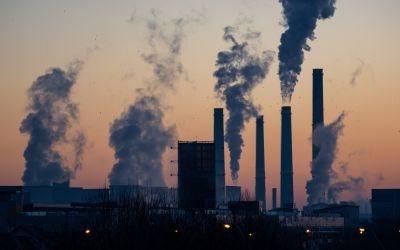Climate and hunger solutions are on terra firma, says UN
Healthy soils are key to tackling food hunger and climate change, says the UN’s food agency.

Healthy soils are key to tackling food hunger and climate change, says the UN’s food agency.
Graziano da Silva, head of the Food and Agriculture Organization (FAO), made the argument at a recent conference in Brazil.
"Although soils are hidden and frequently forgotten, we rely on them for our daily activities and for the future of the planet," the FAO Director-General said.
The UN agency has identified 10 threats to soils which can directly impact food security, biodiversity and reducing carbon emissions. These include the level of erosion, acidification, nutrient imbalance, and salinization.
These issues are non-trivial in a world where 815 million people are suffering from a lack of available food.
"Soil degradation affects food production, causing hunger and malnutrition, amplifying food-price volatility, forcing land abandonment and involuntary migration-leading millions into poverty," he said.
Da Silva pointed out that soils play a huge role in capturing and storing carbon dioxide, preventing the gas from being released into the atmosphere. Soils contain more carbon than all trees and vegetation above ground. The maintenance and extension of the Earth’s soil carbon stock should, therefore, be a priority.
Soils also prevent pollutants from reaching the food chain and our river systems by acting as a filter on these contaminants.
"Let us make make soils a vehicle of prosperity and peace, and show the contribution of soils to achieve the Sustainable Development Goals," he concluded.
In 2016, the FAO conducted the first major global assessment of soil health, which found that 33 percent of land is “moderately to highly degraded”. The report argues that greater sustainable soil management “can increase nutritious food supply, provide a valuable lever for climate regulation and safeguard ecosystem services.”






